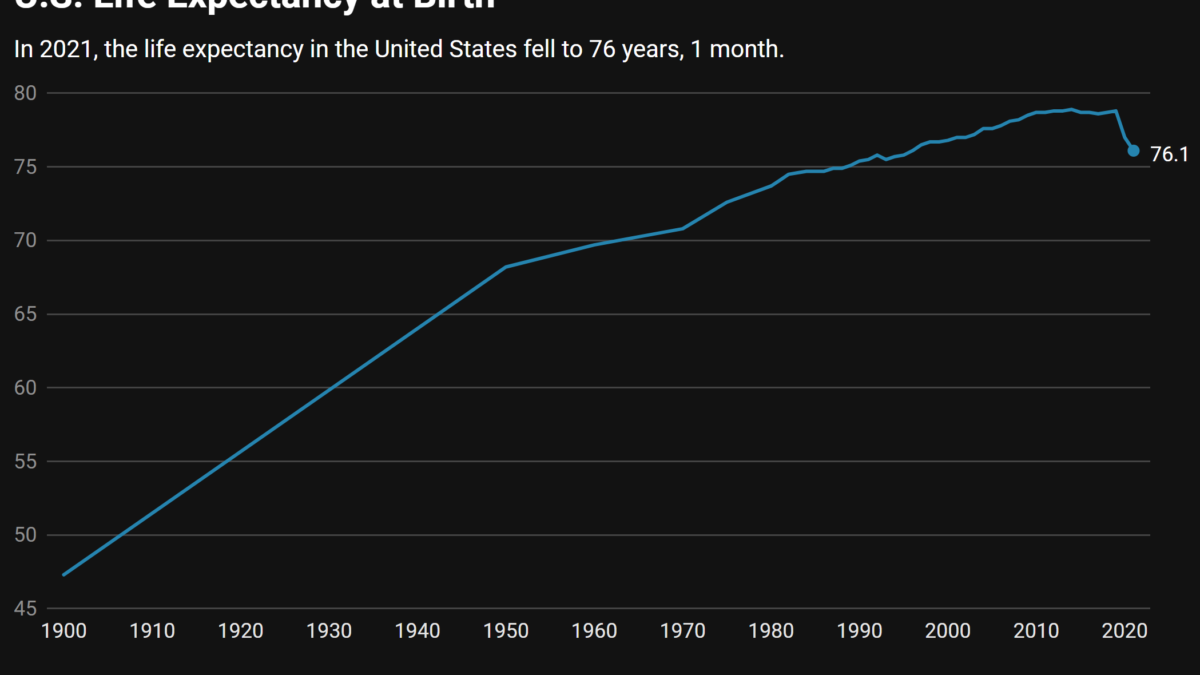Can’t think, can’t remember: More Americans say they’re in a cognitive fog – “I cry when I try to think, now. My brain short-circuits.”

By Francesca Paris
13 November 2023
(The New York Times) – There are more Americans who say they have serious cognitive problems — with remembering, concentrating or making decisions — than at any time in the last 15 years, data from the Census Bureau shows.
The increase started with the pandemic: The number of working-age adults reporting “serious difficulty” thinking has climbed by an estimated one million people.
About as many adults ages 18 to 64 now report severe cognitive issues as report trouble walking or taking the stairs, for the first time since the bureau started asking the questions each month in the 2000s.
And younger adults are driving the trend.
The sharp increase captures the effects of long Covid for a small but significant portion of younger adults, researchers say, most likely in addition to other effects of the pandemic, including psychological distress. But they also say it’s not yet possible to fully dissect all the reasons behind the increase.
Richard Deitz, an economist at the Federal Reserve Bank of New York, analyzed the data and attributed much of the increase to long Covid. “These numbers don’t do this — they don’t just start suddenly increasing sharply like this,” he said.

In its monthly Current Population Survey, the census asks a sample of Americans whether they have serious problems with their memory and concentration. It defines them as disabled if they answer yes to that question or one of five others about limitations on their daily activities. The questions are unrelated to disability applications, so respondents don’t have a financial incentive to answer one way or another.
At the start of 2020, the survey estimated there were fewer than 15 million Americans ages 18 to 64 with any kind of disability. That rose to about 16.5 million by September 2023.
Nearly two-thirds of that increase was made up of people who had newly reported limitations on their thinking. There were also increases in census estimates of the number of adults with a vision disability or serious difficulty doing basic errands. For older working-age Americans, the pandemic ended a yearslong decline in reported rates of disability. […]
“It’s not just fog, it’s a brain injury, basically,” said Dr. Monica Verduzco-Gutierrez, chair of rehabilitation medicine at the University of Texas Health Science Center at San Antonio. “There are neurovascular changes. There’s inflammation. There are changes on M.R.I.s.” […]
Heather Carr, 31, sold agricultural machine parts in Syracuse, N.Y., but two coronavirus infections left her largely bed-bound and barely able to string together a basic train of thought. She had trouble staying awake while driving, and eventually had to give up her job.
“I cry when I try to think, now,” she said. “My brain short-circuits.” [more]
Can’t Think, Can’t Remember: More Americans Say They’re in a Cognitive Fog

